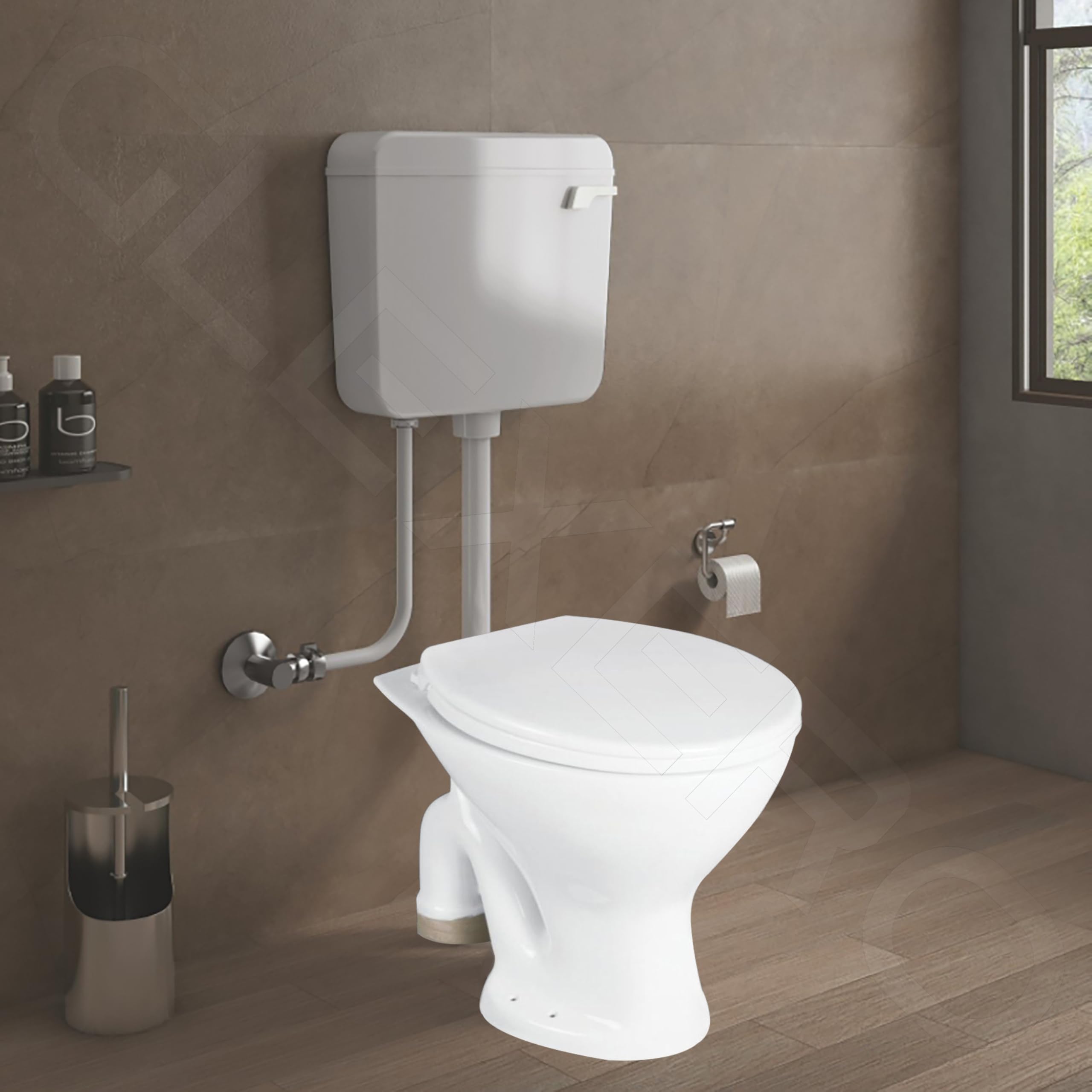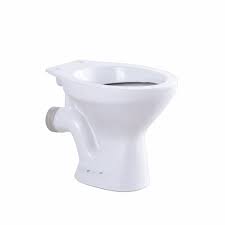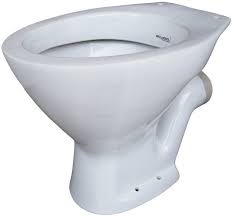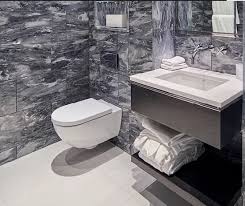Determining the “best EWC supplier in India” depends on your unique requirements. This blog post explores the crucial factors to consider when making your selection, including product quality, customization options, industry reputation, and after-sales support. Learn how to identify the ideal supplier for your specific needs.
In today’s construction and design landscape, the demand for sustainable, durable, and aesthetically versatile materials is constantly growing. Engineered Wood Composite (EWC) has emerged as a frontrunner, offering a compelling alternative to traditional wood and other materials.
But with numerous suppliers vying for your attention, how do you pinpoint the best EWC supplier in India that meets your specific project needs? This comprehensive guide will walk you through the key considerations and help you make an informed decision.

the Benefits EWC
Before diving into supplier selection, let’s briefly touch upon the advantages of using EWC:
- Sustainability: Often made from recycled wood fibers and other sustainable resources, EWC contributes to environmentally conscious construction.
- Durability: Engineered for strength and resistance to moisture, pests, and warping, EWC offers longevity and reduces maintenance needs.
- Versatility: Available in a wide range of finishes, textures, and applications, EWC caters to diverse design aesthetics and functional requirements.
- Cost-Effectiveness: In many cases, EWC can be a more cost-effective solution compared to premium natural wood, without compromising on performance.
- Consistency: Manufacturing processes ensure consistent quality and dimensions, reducing waste during installation.

Navigating the Indian Market: What to Look for in the Best EWC Supplier
Identifying the best EWC supplier in India requires careful evaluation. Here are crucial factors to consider:
- Product Quality and Range:
- Does the supplier offer a diverse range of EWC products suitable for your specific application (e.g., decking, cladding, furniture, interior design)?
- Are their products known for their durability, strength, and resistance to environmental factors relevant to the Indian climate?
- Do they adhere to recognized quality standards and certifications? Inquire about BIS (Bureau of Indian Standards) certifications or other relevant industry accreditations.
- Manufacturing Capabilities and Technology:
- Does the supplier have modern manufacturing facilities and employ advanced technology to ensure consistent product quality and precision?
- Can they handle bulk orders and meet your project timelines effectively?
- Customization Options:
- Do they offer customization in terms of sizes, finishes, colors, or specific performance requirements? This can be crucial for unique project designs.
- Reputation and Experience:
- How long has the supplier been in the industry? A longer track record often indicates reliability and expertise.
- What are their customer reviews and testimonials like? Look for feedback on product quality, customer service, and after-sales support.
- Do they have a portfolio of successful projects showcasing their EWC products in various applications across India?
- Pricing and Value:
- While price is a factor, focus on the overall value proposition. The best EWC supplier in India will offer a balance of quality, durability, and competitive pricing.
- Request detailed quotations that include all costs, such as materials, manufacturing, and delivery.
- Customer Service and Support:
- Is the supplier responsive to your inquiries and provide timely and helpful support?
- Do they offer technical assistance or guidance on product selection and installation?
- What is their after-sales service like? Do they address any issues or concerns promptly and efficiently?
- Sustainability Practices:
- If environmental considerations are important to your project, inquire about the supplier’s sourcing practices and commitment to sustainability. Do they use recycled materials? Are their manufacturing processes eco-friendly?
- Logistics and Delivery Network:
- Do they have a reliable delivery network across India to ensure timely and safe transportation of the EWC materials to your project site, wherever it may be in Kolaghat, West Bengal, or elsewhere in the country?
Finding Your Ideal Partner: Steps to Take


- Request Information: Contact shortlisted suppliers with your specific requirements and ask for product catalogs, technical specifications, and price quotations.
- Evaluate Samples: If possible, request product samples to assess the quality, finish, and suitability for your project firsthand.
- Check Credentials and Certifications: Verify their quality standards and certifications.
- Seek References: Ask for references from previous clients and contact them to inquire about their experience with the supplier.
- Visit Facilities (If Possible): If feasible, consider visiting the supplier’s manufacturing facilities to get a better understanding of their operations and quality control processes.
- Compare and Negotiate: Carefully compare the offerings of different suppliers based on the factors mentioned above and negotiate terms to ensure you get the best value for your investment.